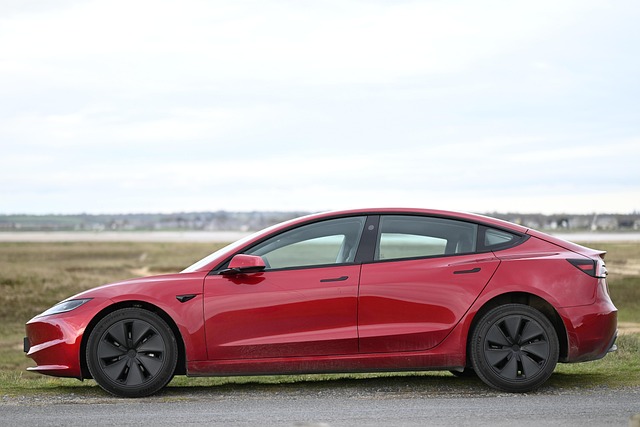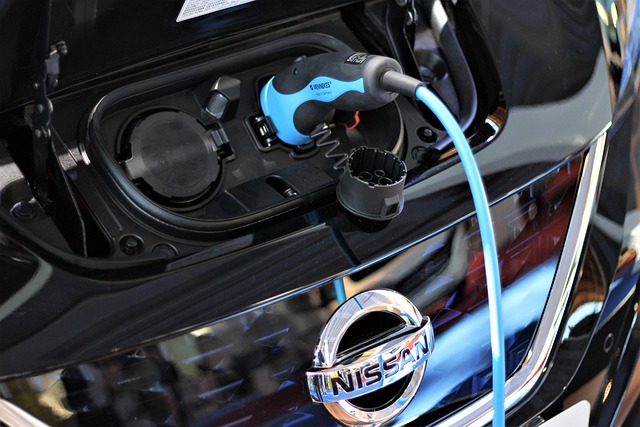In a rapidly evolving world where climate change is no longer a distant threat but a present reality, the quest for eco-friendly transportation is more urgent than ever. The concept of sustainable mobility is at the forefront of discussions on how we can reduce our ecological footprint while still meeting the demands of modern life. By embracing sustainable development, individuals and communities can contribute to a healthier planet while benefiting from the array of new green technologies available today.
Eco-friendly transportation encompasses a variety of methods that aim to minimize harm to the environment. This includes electric vehicles, hybrid cars, and public transportation systems that operate on renewable energy. The transition towards electric mobility is not just about reducing emissions; it’s about integrating a lifestyle that values sustainability. Every mile driven in an electric vehicle chips away at our reliance on fossil fuels, leading us closer to a carbon-neutral world.
Moreover, cycling and walking are making a comeback as cherished modes of transportation. Urban planners are increasingly addressing the need for bicycle lanes and pedestrian-friendly walkways to promote these options. Not only do they produce zero emissions, but they also enhance the quality of life in densely populated areas. Communities benefit from reduced congestion, improved air quality, and healthier residents when people choose to bike or walk instead of driving.
Investing in eco-friendly transportation is not just about individual choices; it’s about creating a culture of sustainability within our cities and countries. Governments worldwide are incentivizing public transport systems that use green technologies, such as hydrogen and electric buses. These initiatives are pivotal in reducing the carbon footprint of urban areas, making a significant impact on the larger goal of sustainable development.
From carpooling to adopting a shared economy approach in ride-hailing services, each action contributes to a larger movement towards reducing our overall ecological footprint. By leveraging technology, we can redefine transport efficiency while ensuring that our environmental impacts remain minimal. Every adjustment, no matter how small, paves the way for a greener future.
As consumers become more conscious of their choices, businesses are also responding by innovating and investing in eco-friendly transportation options. Sustainable practices are no longer an add-on but a core aspect of many companies’ missions. By promoting and prioritizing eco-friendly alternatives, businesses not only cater to an emerging market but also demonstrate their commitment to a sustainable future, resonating with eco-conscious consumers.
Incorporating eco-friendly transportation into our daily lives doesn’t have to be overwhelming. Simple steps, such as choosing public transport when possible, opting for electric appliances, and utilizing car-sharing services, can significantly impact the journey towards sustainability. This conscious shift not only lessens our carbon emissions but also fosters a sense of shared responsibility among individuals and communities alike.
Ultimately, the path toward a greener future paints a hopeful picture. By embracing eco-friendly transportation and sustainable mobility, we can collectively reduce our ecological footprint, nurture our planet, and pave the way for generations to come. Together, we can drive change and create a more sustainable world, one journey at a time.




